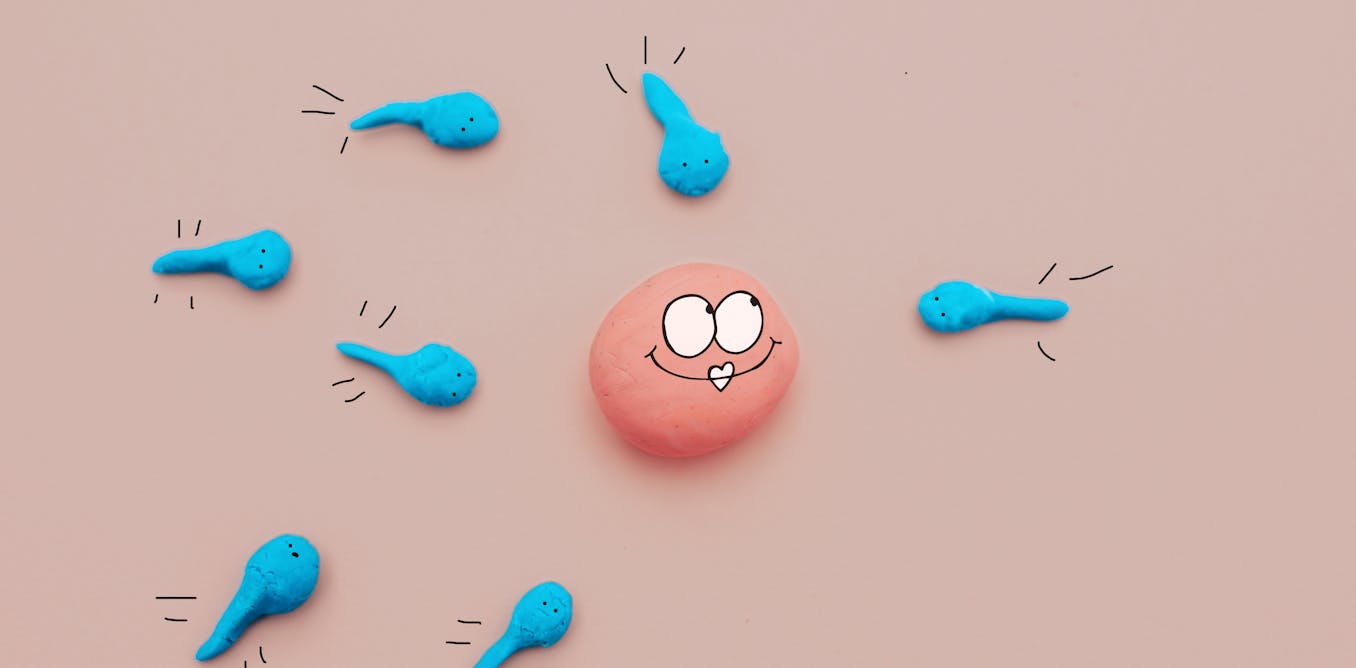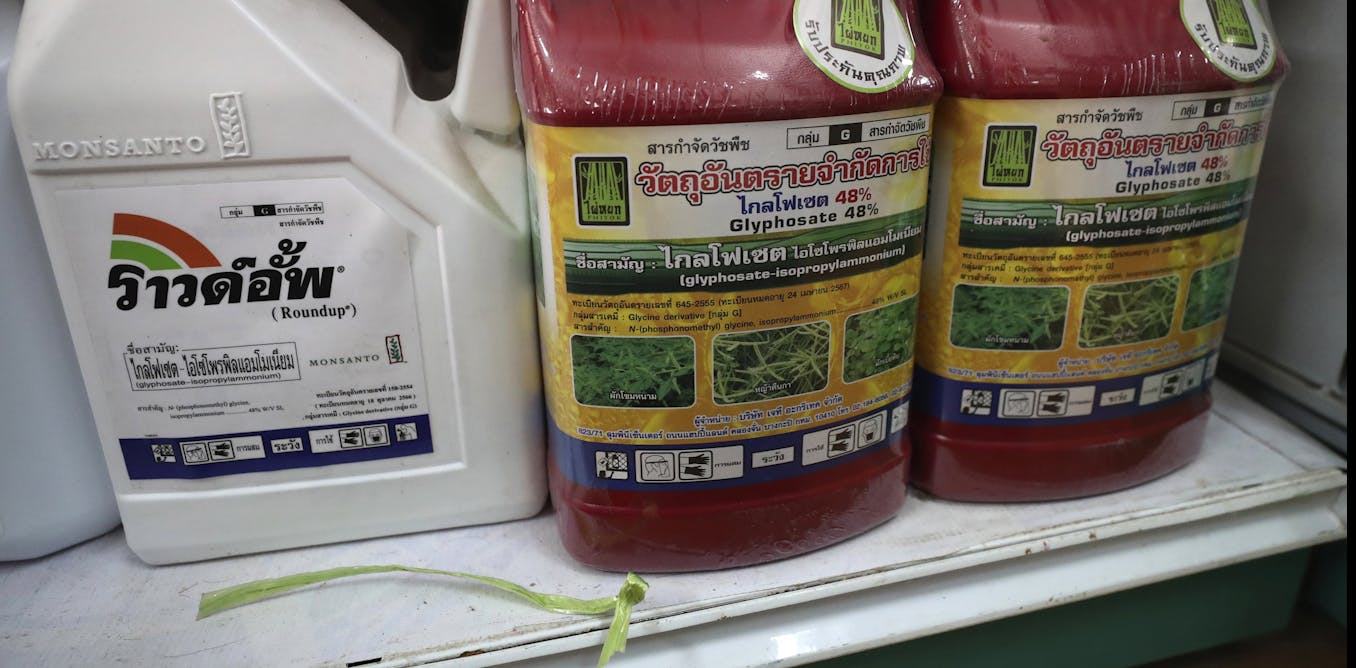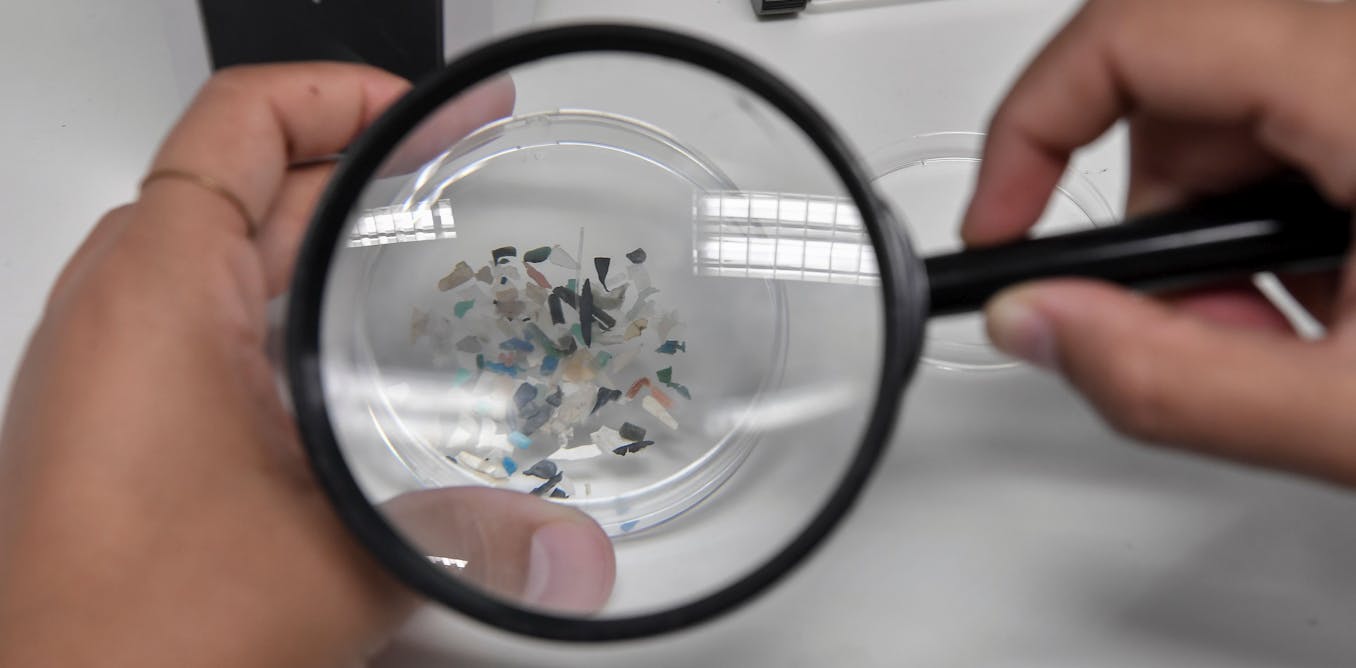The EPA is banning chlorpyrifos, a pesticide widely used on food crops, after 14 years of pressure from environmental and labor groups
What kind of evidence does it require to get a widely used chemical banned? A professor of medicine and former state regulator explains how the case for chlorpyrifos as a threat to public health developed.
Aug. 24, 2021 • ~12 min








